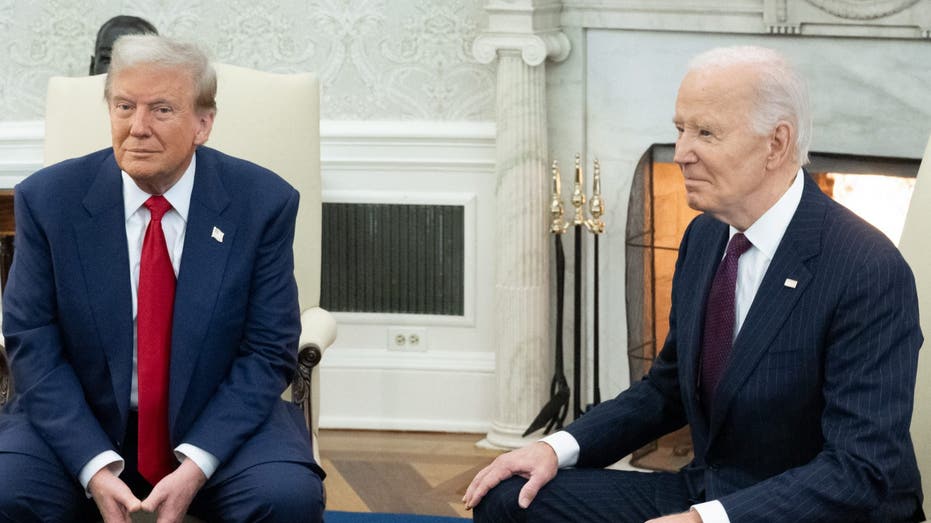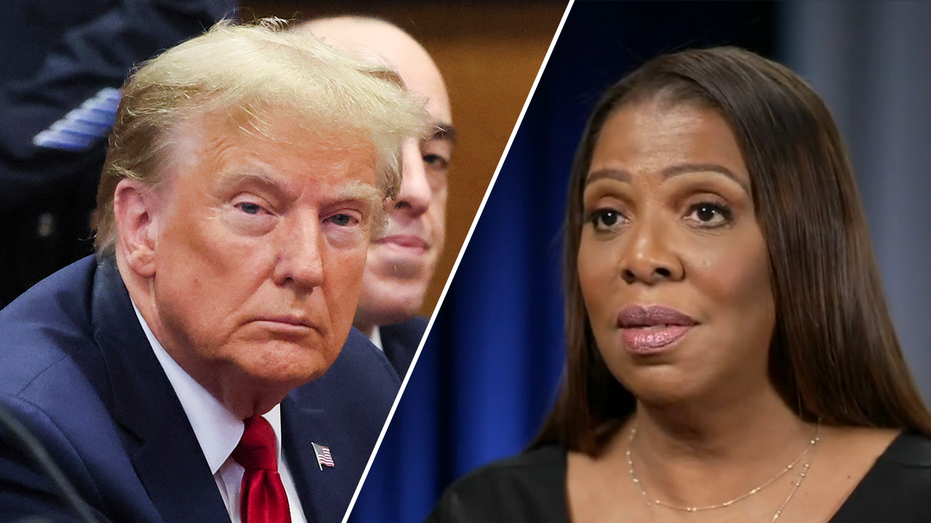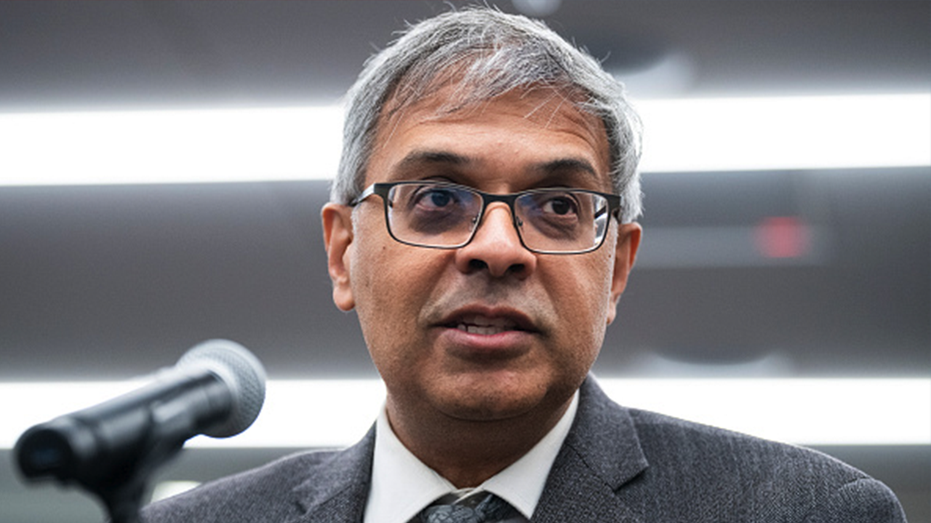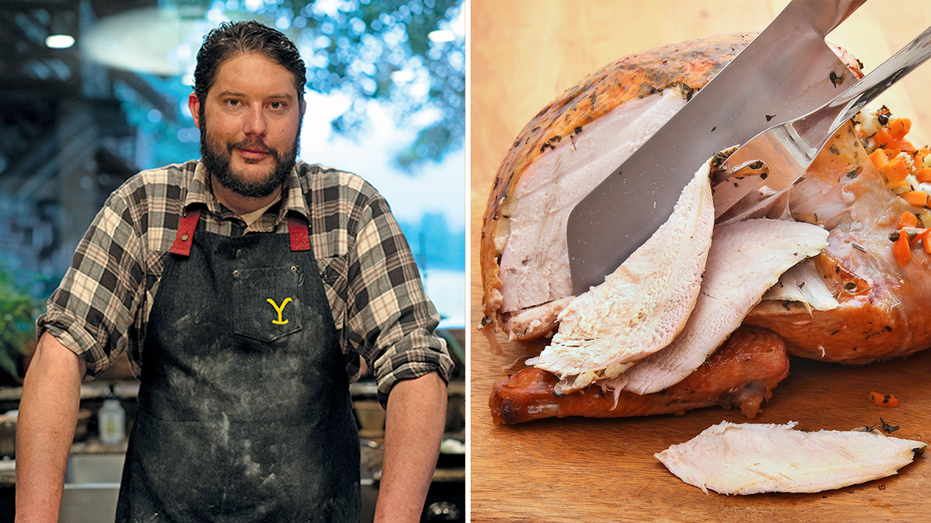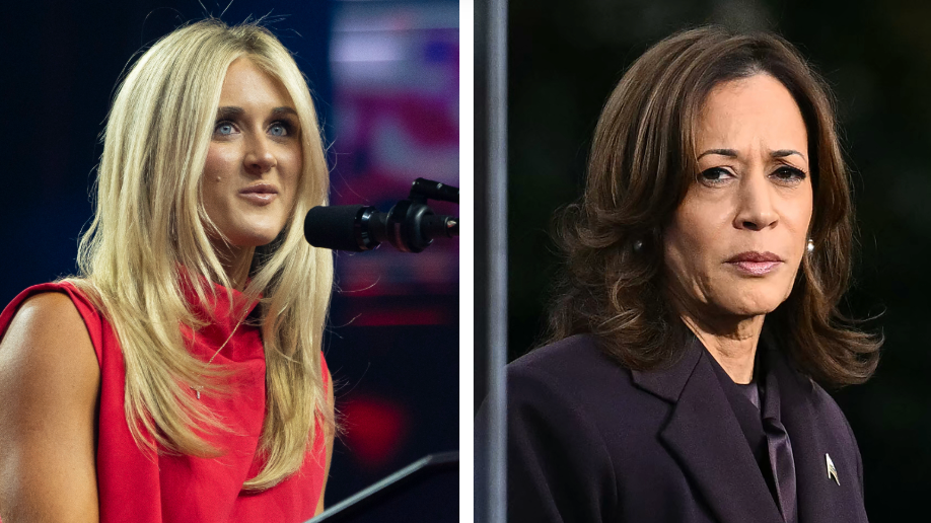- by foxnews
- 28 Nov 2024
She was sentenced to prison for voting. Her story is part of a Republican effort to intimidate others
She was sentenced to prison for voting. Her story is part of a Republican effort to intimidate others
- by theguardian
- 12 Jun 2024
- in politics

It was the day of the full solar eclipse on the outskirts of Fort Worth last April, and Crystal Mason was trying, just for a second, to relax.
She was barefoot, her feet curled up on a big leather La-Z-Boy sofa, eating two of the turkey sandwiches she had prepared for lunch for her family. Her granddaughter Courtney was turning five that weekend, and Mason was getting everything in place for a princess-themed party.
Mason, 49, had every reason to celebrate. Just a few weeks earlier, a Texas appeals court had thrown out her five-year prison sentence for voter fraud. Mason had been fighting the charge ever since 2017, when she was arrested for trying to cast a provisional ballot while ineligible to vote. She has always said she did not know she could not vote and would not have tried to cast a ballot had she known.
Mason had been convicted and sentenced to five years in prison in 2018.
Then the district attorney announced he was appealing the case.
People with felony convictions make ripe targets for politicians wanting to send a message about voter fraud.
Since the Jim Crow era, states have barred former felons from voting, a practice that kept many African Americans from the polls even after they were constitutionally granted the right to vote.
Since Mason was arrested, there have been a few more high-profile prosecutions of people with felony convictions. In 2021, Texas authorities arrested Hervis Rogers, a Houston man who gained national attention for waiting seven hours in line to vote. The case was eventually thrown out on appeal, but Rogers, who is Black, has since said he will never vote again.
In 2022, Pamela Moses, a Black woman in Tennessee, was sentenced to six years in prison for trying to vote while on probation for a felony. Her conviction was later overturned after the Guardian published government documents that were not disclosed to her defense.
Blair Bowie, an attorney at the Campaign Legal Center, specializes in assisting people with felony convictions get their voting rights back. One of the states where she works is Alabama, where a recent change in the law has increased the number of people with felonies who can vote. But Bowie said she had been in contact with people in Alabama who were newly re-enfranchised but had heard about the Florida prosecutions and were wary of trying to register to vote.
It was only after she left that Jarrod Streibich, a high school teenager volunteering in his first election, said he remembered that Mason had recently returned home from federal prison for a tax felony.
Mason was one of about 4,000 people in Tarrant county who cast a provisional ballot in 2016. Several months later, she would become the only one to be indicted for it. In February 2017, she was placed in handcuffs at the federal courthouse in downtown Dallas during a routine check-in with her supervised release officer.
Gonzalez convicted her and sentenced her to five years in prison. Mason was in disbelief.
News outlets started to pick up on the case. Her conviction came after another woman in Tarrant county, a legal non-citizen, had been sentenced to seven years in prison for also mistakenly voting. Around the same time, there was a white justice of the peace in the same county who pleaded guilty to forging signatures on a ballot but was sentenced to probation and no prison time.
That all changed a few months later. Because Mason was still on supervised release while she had been convicted of the state crime, she was sent back to federal prison for an additional 10 months.
This was an especially difficult time for Mason. When she had gotten out of prison the first time, she had vowed never to go back and had pledged to take care of her family.
- by foxnews
- descember 09, 2016
Mom's message in a bottle found by her own daughter 26 years later
A fourth grader went on a school trip when someone found a message in a bottle containing a letter that was written by her mom 26 years ago. The message was tossed into the Great Lakes.
read more